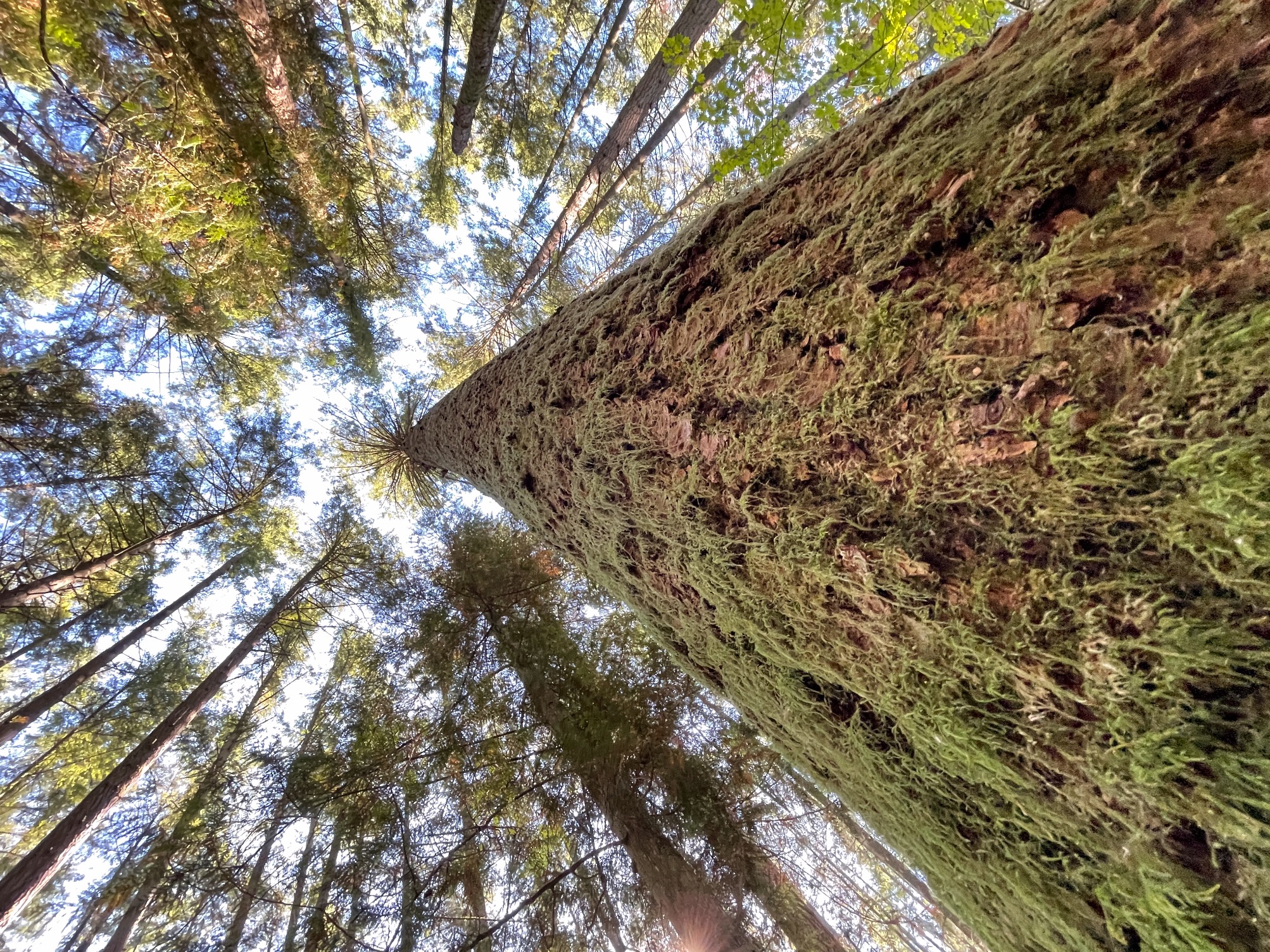 Last year BC exported over $16.3 billion of forest products, a third of our total exports of $54 billion, as this sector continues to be a major engine and tax payer for the provincial economy. But will BC forestry and the workers, communities, First Nations and professionals in this sector continue to be a robust part of our economy as it has been for more than a century?
Last year BC exported over $16.3 billion of forest products, a third of our total exports of $54 billion, as this sector continues to be a major engine and tax payer for the provincial economy. But will BC forestry and the workers, communities, First Nations and professionals in this sector continue to be a robust part of our economy as it has been for more than a century?
The NDP government recently tabled ideologically-driven plans to damage the forest sector, perhaps irreparably. Their plans needs a sober second look and major rethink. These radical, unprecedented proposals were dropped on rural BC communities, forest workers, unions, forest professionals, First Nations, the forestry industry and 10,000 BC businesses supported by forestry. In my 50 years’ experience working in our forests, it’s hard to fathom why so little consultation was done with those most affected. The NDP’s Old Growth “deferral” plans have been denounced not just by the forest industry, but by environmentalists, First Nations, and dozens of rural communities.
The working forest area currently represents less than half of BC’s total forest area and less than a quarter of our land area. BC now has more than 20% of its land in parks and protected areas — we are a global conservation champion.
The NDP refuse to commit to a stable and secure working forest reserve as it continues to lock up some of Canada’s finest forest growing areas from harvesting, reforestation and carbon capture. Contrast this with the tough Agriculture Land Reserve enacted by the NDP in the 70s that fully protects the much smaller farming sector land base in BC.
Documents recently obtained through Freedom of Information (FoI) reveal that former Sierra Club head and current BC Environment Minister George Heyman hired a team of “friends” to produce a report recommending millions of hectares of forest lands with billions of dollars worth of timber and land be removed—forever—from BC’s working forests.
Four of the five members of the NDP old growth advisory team had close ties to the environmental movement, and delivered what the Minister wanted — an anti-logging, anti-forestry, pseudo-scientific manifesto. Some of this same team were also behind the fake claim that only 3 percent of old growth remained in BC (it’s actually close to 50 percent) which was the foundation of last year’s Fairy Creek anti-logging protests. Despite being discredited by many including the former Dean of Forestry at UBC, the report drove the NDP’s current forestry agenda.
Furthermore the work of the old growth advisory team was not vetted for accuracy or scientific validity by government specialists or other experts from academia or elsewhere. The result was shoddy mapping, causing chaos and uncertainty as foresters, First Nations and even small independent woodlot owners across BC try to determine how much of the forest lands they currently manage will now be off limits to jobs, growing new trees and soaking up carbon.
 Unlike the tough planning work done on Vancouver Island in the 1990s and later in the Great Bear Rainforest, where teams of ALL interests worked hard for years to come up with reasonable conservation solutions, the NDP simply made an edict out of its biased and faulty old growth report.
Unlike the tough planning work done on Vancouver Island in the 1990s and later in the Great Bear Rainforest, where teams of ALL interests worked hard for years to come up with reasonable conservation solutions, the NDP simply made an edict out of its biased and faulty old growth report.
Commercial logging began almost 150 years ago in BC, and yet 50% of all old growth forests still remain. The often repeated myth of BC’s old growth forests disappearing is affirmed as nonsense. Carnage from the NDP old growth policies include wiping out more than 6 million cubic metres of BC’s annual harvest (roughly 15 percent of the sector) or about 8 billion board feet of annual lumber production that would evaporate—forever—enough lumber to build 60,000 homes every year.
More than half of BC’s 600 value-added timber businesses face a dire future without certainty and access to some of the valuable species and lumber grades found in older forests. By some accounts, more than 18,000 high paid workers face job loss and damage for rural communities. This is a far greater threat for working families in the short term than wildfires or climate disasters. Ten sawmills and two pulpmills will close.
Just a handful of the 120 First Nations with forestry tenures support the NDP plans because they also were never consulted in advance of the government announcement. This is a clear breach of the NDP’s much-touted commitment to respecting aboriginal rights and consultation.
Financial analysts locally and internationally reacted in unison that BC is now a bad place to invest as companies which have acted responsibly and sustainably for decades are now facing expropriation of their timber tenures at fire sale prices. A major legal fight, paid for by taxpayers, with BC companies is coming. Even the BC government’s own investment arm (BCIMC) supporting the pensions of government workers are bailing on BC. They are now investing in the southern US like a lot of other BC forestry companies because of the industry’s bleak future in BC.
BC has some of the strictest forestry regimes in the world and a unique forestry watchdog in our Forest Practices Board. BC is already a global leader in forest sustainability with the most independently certified forests anywhere confirming we meet international standards for sustainability. BC is well endowed with thousands of forestry and natural resource professionals, scientists and academics who are willing and able to come up with innovative, science-based, Indigenous-resourced solutions that meet public expectations.
We have the experience and the brainpower to maintain the industry’s global leadership in sustainability and, yes, forest products production and wealth creation. We are not running out of trees in BC but the NDP is putting much of our forests off limits unlike anywhere else in the world.
The NDP government and Premier Horgan need to STOP, listen and include ALL stakeholders in development of a truly balanced and progressive plan meeting the present and future needs of all British Columbians.
Bill Dumont is a retired Distinguished Professional Forester with over 50 years devoted to managing and stewarding temperate and tropical rainforests and working with First Nations to create successful forestry businesses. He served for a decade as Chief Forester for Western Forest Products Ltd. and was on multi-sector teams that resolved land use and forestry conflicts in southern Haida Gwaii, Vancouver Island and the Great Bear Rainforest. Bill was also a member of the Forest Practices Board and has been recognized with several BC and National environmental awards.